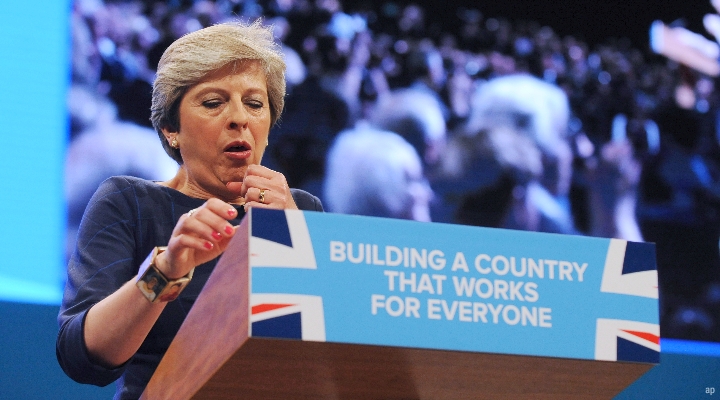
The latest quarterly FTSE reshuffle is upon us again and it’s the last one of 2022, a turbulent year for global stocks and bonds. Hard-to-pronounce asset manager Abrdn (ABDN) – and our recent income stock of the week – is set for a return to the FTSE 100 after being relegated earlier this year.
Along with Abrdn, specialist insurer Beazley (BEZ) and engineering Weir (WEIR) are set to be promoted to the FTSE 100.
Abdrn is a curious case – while shares are 15% lower than at the start of the year, they’ve risen 31% in the last month alone as investors have bought back into "risk" trades like asset manager stocks. There’s also some expectation that the company will raise its shareholder payouts above and beyond buybacks.
But the recovery can’t be taken for granted, says Hargreaves Lansdown's Susannah Streeter.
"The company will have to generate sustained and meaningful inflows to remove the risk of fresh volatility returning to the share price," the analyst says.
Other companies are suffering the same fate Abrdn did in August, meanwhile. Harbour Energy (HBR), Dechra Pharmaceuticals (DPH) and Intermediate Capital Group (ICP) are set to be relegated to the FTSE 250.
Harbour Energy has been impacted by the slide in the oil price and changes to windfall taxes – a policy introduced by Rishi Sunak as chancellor and carried on by successor Jeremy Hunt with a hike in the tax rate to 35% in the recent Autumn Statement.
The European Smaller Companies Trust (ESCT) also enters the FTSE 250.
The latest quarterly changes are based on market capitalisation at the close of play on 29 November, and were announced yesterday. However, they take effect after the close of business on 16 December, meaning investors will only see the changes in full when trading resumes after that weekend on Monday 19 December, the last working week before Christmas, when trading volumes are traditionally lower anyway.
Does the Reshuffle Matter? And How Does it Work?
These changes give us an insight into which sectors are in and out of favour, and which companies are on the up or struggling in the big league. It's purely down to changes in market value, which can fluctuate a lot during the year.
Index provider FTSE Russell changes the constituents of its indices every quarter to reflect changes to Britain’s biggest companies.
Which companies move in and out of the FTSE 100 is based on their total market capitalisation at the end of the specified trading day.
To avoid the same borderline companies dropping out and back in every reshuffle, a company must be in the top 90 by market cap to be promoted. Likewise, to be demoted, the firm has to be below the 110th biggest company by size.
As the case of Abdrn shows, relegated stocks can be promoted again – and vice versa, so the main indices are "revolving doors" of sorts.
Index changes also matter from an ETF and index fund flow point of view: FTSE 100, 250 and All Share trackers have to adjust to changes whenever they’re made.
Asset managers also have to buy and sell stocks to make sure they match the benchmark. And as the FTSE 100 is generally more liquid than other indices, inclusion in an index tends to boost flows into a particular stock. As more money moves into passive funds, index changes become more significant over time.
Greater liquidity means that buy and sell prices tend to be closer together (the bid-offer spread), meaning that it’s easier for investors big and small to enter and exit positions.




























